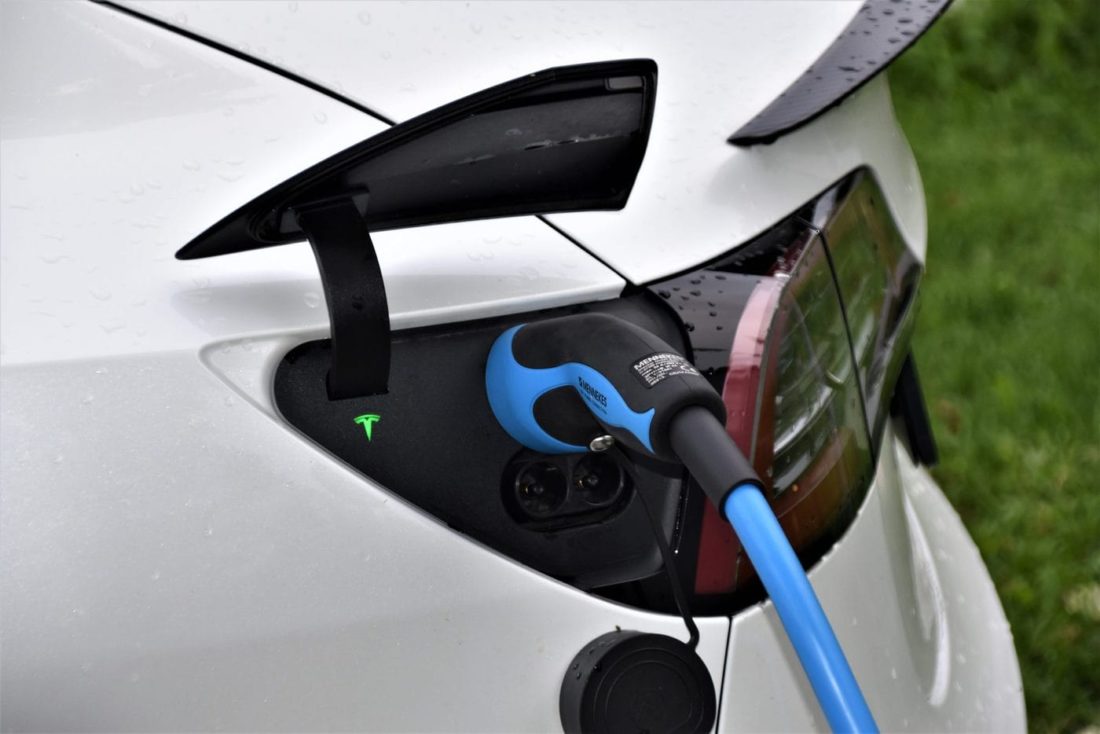
In case you missed the headlines last week, GM put a stake in the ground with its announcement that they will only sell zero-emission cars and trucks by 2035.
That’s right. In the next 14 years, GM will become an EV manufacturer, exclusively.
Though GM’s move toward being an electric vehicle manufacturer took the industry by surprise, GM is actually catching up with the rest of the world’s car-making trends. Volkswagen, for example, said it plans to spend 73 billion euros on EVs in the next five years. Car manufacturers won’t be able to sell new gasoline and diesel engines in countries that include Britain, Ireland, and Netherlands starting in 2030. And in China, the government is requiring that most of the vehicles sold there must also be electric by 2035.
For consumers, driving an electric vehicle is a huge departure from a gas vehicle – it requires not only easy-access to charging stations, but EVs can’t simply be filled up in five minutes at a local gas station: they must be re-charged, which requires planning, knowing where closest charging stations are along a route, and, it’s time-consuming. Moreover, driving an electric car is a very different sensory experience from driving a gas-vehicle.
So while car and battery manufacturers, the car service industry, and EV charging companies are scrambling to stay ahead of demand, consumer perspectives, too, need to be included in the race to EV-filled roads. This is why market research in the EV industry is more important than ever.
How market research can help EV companies spot consumer trends
In 2019, InterQ partnered with one of the world’s largest automakers to provide consumer insights on one of their luxury brands, which had recently released an EV. Over the course of the study, we were able to learn how challenging it was for consumers to make the switch from gas to EV; not only did they have to have their homes equipped for charging, but they were also running into technical difficulties with the charging process. Additionally, the participants we studied were trying to adapt to an internal car-computer system that had elements of a traditional non-EV car as well as new features designed to enhance the EV experience.
The insights showed how the car brand could make improvements that would change people’s perception of the brand from a traditional luxury gas-vehicle company to one that could be on par with Tesla. We learned that there was a huge market opportunity for luxury EVs that weren’t Teslas, but in order to compete in the EV space, pivotal changes were required in both how the cars were designed and how they were marketed.
Car manufacturers need to study consumers while making the EV switch
In order for car manufacturers to be competitive in the EV space, keeping consumers front-and-center will be paramount. Selling an EV is not like selling a gas-vehicle. It begins with the design process of the vehicle: testing internal and external vehicle concepts with drivers – through qualitative research – is the most effective way to understand how consumers will use and respond to the car’s design and technology. Forward-thinking companies like Tesla and Lucid motors have even hired dedicated UX specialists who focus principally on interior electronic design. Additionally, to understand how to position, market, and sell the car, market research can illuminate how consumers think about EVs, what their objections are to owning one, and, importantly, their anxieties over charging and driving EVs. This is crucial, because owning an EV requires a huge shift in behavior. Using qualitative techniques such as mobile ethnographies, market researchers can understand daily habits and get in-the-moment impressions from EV drivers. This is crucial for EV adoption and success.
The world is going electric. But will consumers adapt?
It’s inspiring to see so many car manufacturers move to zero-emission standards. However, this also presents a seismic shift in owning and driving a car. For car companies to be successful as they navigate the EV space, it will be fundamental to their success if they keep consumer perspectives front-and-center through custom qualitative and quantitative research.
